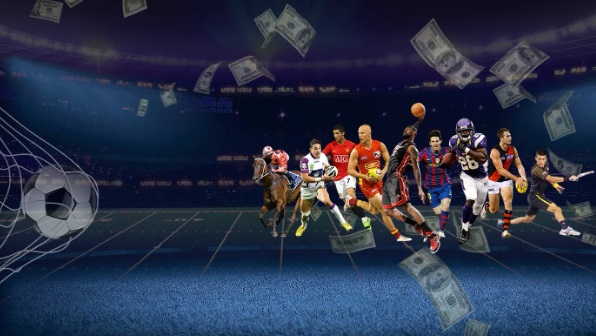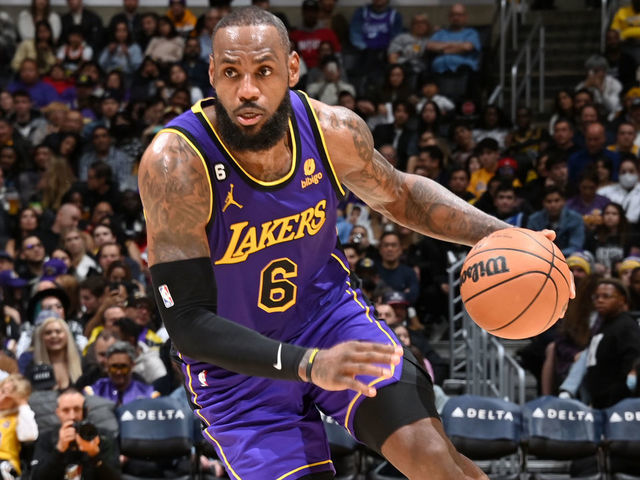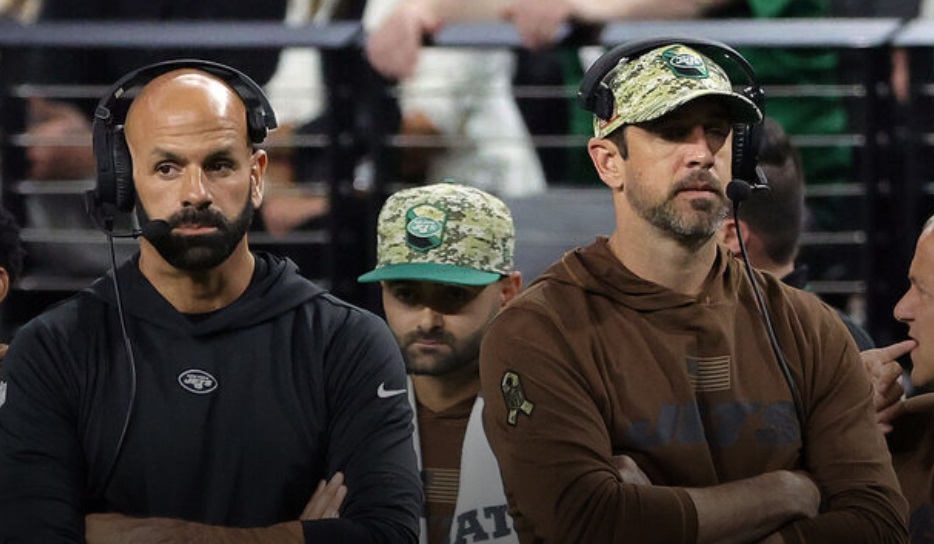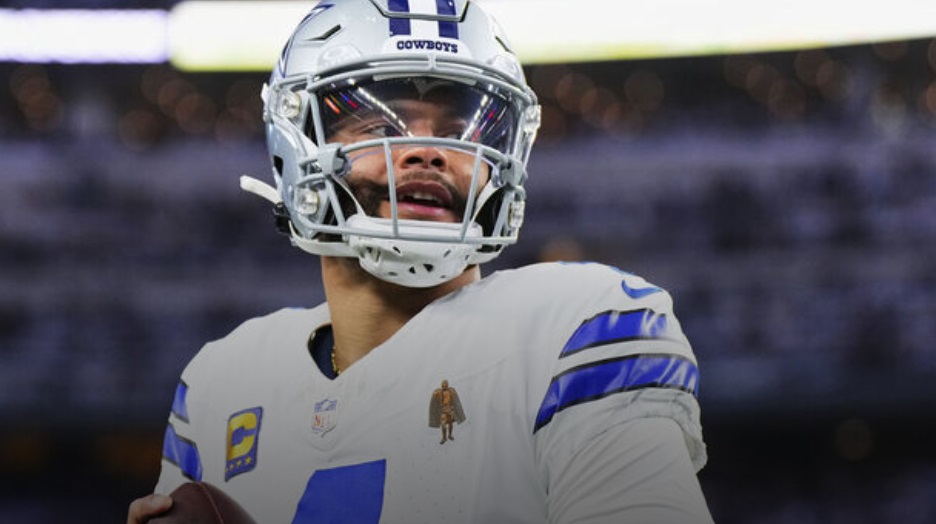At the confluence of psychology and sports betting lies a fascinating terrain, rich with the complexities of the human mind. This nexus is not just a battleground of odds and probabilities but also a theater where psychological factors play a pivotal role. The art of sports wagering transcends mere prediction; it delves into the depths of how our thoughts, emotions, and biases shape our betting decisions. Our central thesis embarks on an explorative journey into this psychological landscape, shedding light on how the mindset of an individual playing at a uk casino not on gamstop influences their approach to sports betting.
In this exploration, we will unravel the intricate tapestry of the gambler’s psyche, from the cognitive biases that subtly skew decision-making to the emotional tides that can sway the most rational thought processes. We delve into how perceptions of risk, the lure of potential gains, and the shadow of past losses orchestrate the complex symphony of betting decisions at non gamstop sites. This article aims to unfold the layers of psychological influences that govern the betting behavior of sports enthusiasts, providing an insight into the mind of the bettor.
The Gambler’s Mindset
The gambler’s mindset is a unique psychological construct, a blend of hope, calculation, and often, an illusion of control. This mindset is not merely about the thrill of potential wins; it encompasses a broader spectrum of cognitive processes and biases. Two critical psychological theories that permeate the realm of gambling are cognitive dissonance and confirmation bias.
Cognitive dissonance, the mental discomfort experienced when holding two conflicting beliefs, is particularly relevant in the context of sports betting. Bettors often find themselves rationalizing losses or decisions that go against their better judgment, leading to a cycle of self-justification and continued betting. This internal conflict can drive a bettor to alter their perceptions or beliefs to alleviate the discomfort, impacting their betting decisions.
Confirmation bias, on the other hand, is the tendency to seek, interpret, and recall information that confirms one’s preexisting beliefs. In sports betting, this manifests as favoring bets that align with a bettor’s loyalty to a team or player, often overlooking objective data that might suggest a different outcome. This bias leads to skewed decision-making, based on personal beliefs rather than rational analysis.
These cognitive biases and beliefs are the invisible currents that steer the betting journey. They shape decisions, often unconsciously, leading bettors down a path influenced more by their mind’s intricacies than by the game’s actual odds. Understanding these psychological underpinnings is crucial for bettors to navigate the sports betting landscape with greater awareness and control.
Risk Perception and Tolerance
In the psychological tapestry of sports betting, risk perception and tolerance are threads that weave a complex pattern. Each individual perceives and tolerates risk differently, painting a unique picture of their betting behavior. At one end of the spectrum are the sensation-seekers, for whom the high stakes of betting are like an adrenaline rush, akin to a daredevil skydiving from great heights. They thrive on the uncertainty and the potential for significant gain, often overlooking the probabilities of loss.
Conversely, there are individuals who perceive betting as a minefield, riddled with potential losses. Their risk tolerance is lower, their approach more cautious, much like a strategist carefully planning every move in a game of chess. These differences in risk assessment stem from a myriad of factors, including personality traits, past experiences, and even the individual’s psychological state at the time of betting.
The illusion of control plays a significant role in this arena. Many bettors believe they can influence the outcome of a game, a belief that emboldens them to take greater risks. This illusion, though a mirage, can dramatically skew risk assessment, leading to overconfidence in decision-making.
Critically, the perception of risk and one’s tolerance for it are pivotal in shaping betting behaviours. Understanding one’s own risk profile can help in making more calculated decisions, whereas failure to do so can lead to choices that are less about strategic consideration and more about personal inclination towards or against risk.
The Impact of Emotional Factors
The realm of sports betting is not merely a stage for strategic play; it is also an amphitheatre where emotions run high and often dictate the course of action. The impact of mood on betting decisions is profound. A bettor in high spirits may perceive odds more favourably, much like the rose-tinted view of a lover under Cupid’s spell. Conversely, a sullen mood can cloud judgment, leading to pessimistic and sometimes safer betting choices.
Emotional regulation, or the lack thereof, plays a crucial role. The ability to keep one’s emotions in check, akin to a maestro controlling the tempo of a symphony, is vital in making rational betting decisions. The lack of emotional regulation can lead to impulsive and irrational choices, driven more by the heart’s whims than the mind’s logic.
The phenomenon of ’tilt’ in gambling is a stark manifestation of this. Borrowed from the poker world, ’tilt’ refers to a state where emotions, typically frustration from losses, lead to a cascade of irrational betting. It’s akin to a snowball rolling down a hill, gathering momentum and size, and leading to increasingly reckless behaviour.
Emotional factors are often the unseen undercurrents that can steer the betting ship astray. Recognizing and managing these emotions is crucial, as unchecked emotions can lead to decisions that are not grounded in logic but in the transient tides of one’s feelings. For the astute bettor, understanding and regulating emotions is as critical as understanding the odds of the game.
Self-Exclusion and the Non-Gamstop Punter’s Mentality
The concept of self-exclusion in gambling serves as a psychological safety net, a voluntary withdrawal from the betting milieu for a period of introspection and control. Non-Gamstop casinos enter this narrative as alternative arenas, offering a refuge for those who have chosen the path of self-exclusion but later seek to return to betting under different auspices.
The mindset of self-excluded punters often contrasts starkly with that of regular gamblers. Where the latter may perceive gambling as a leisure activity or a challenge, the former often approach it with a more complex psychological background. Self-exclusion is frequently a response to the realization of problematic gambling behaviors – a conscious step towards self-preservation. However, when such individuals migrate to online slots not on gamestop, it can signify a shift in their approach to gambling, possibly indicating a desire to engage in betting with a renewed sense of control and responsibility.
This transition raises critical questions: Does self-exclusion denote a permanent change in gambling behavior, or is it merely a hiatus? Furthermore, does the move to a non-Gamstop platform reflect a deeper psychological shift in attitudes towards risk and self-control, or is it an indication of unresolved gambling tendencies? These considerations underscore the complex psychological landscape navigated by self-excluded punters, highlighting the need for continued introspection and support in their gambling journeys.
Psychological Strategies for Responsible Betting
In the pursuit of responsible betting, psychological strategies emerge as vital tools, helping bettors navigate the often turbulent waters of sports wagering sites and non gamstop casinos with Bitcoin. Central to these strategies is self-awareness – a keen understanding of one’s own betting behaviors, triggers, and tendencies. It’s akin to a captain being acutely aware of his ship’s strengths and vulnerabilities in the face of a storm.
Cognitive restructuring plays a pivotal role in reshaping unhealthy betting patterns. This involves challenging and altering irrational beliefs about gambling, such as the illusion of control or the gambler’s fallacy. By reframing these thoughts, bettors can develop a more realistic view of betting outcomes, much like a navigator recalibrating their course based on accurate maps rather than myths and legends.
Setting limits is another critical strategy. This not only pertains to financial limits but also to time spent gambling. Establishing these boundaries is akin to setting a course with clear waypoints, ensuring that the journey doesn’t veer off into dangerous waters.
As www.casinosnotongamstop.net mentions, the effectiveness of these strategies in mitigating problem gambling behaviors cannot be overstated. They empower the bettor with the tools to maintain control over their betting, transforming it from a potentially perilous endeavor into a manageable and enjoyable activity. Like any skill, these strategies require practice and dedication, but their benefits in fostering a healthier, more sustainable approach to sports betting are invaluable.
You can view the original article HERE.































:quality(85):upscale()/2024/05/03/637/n/1922564/a9276ca86634f23c02e464.89757585_.jpg)